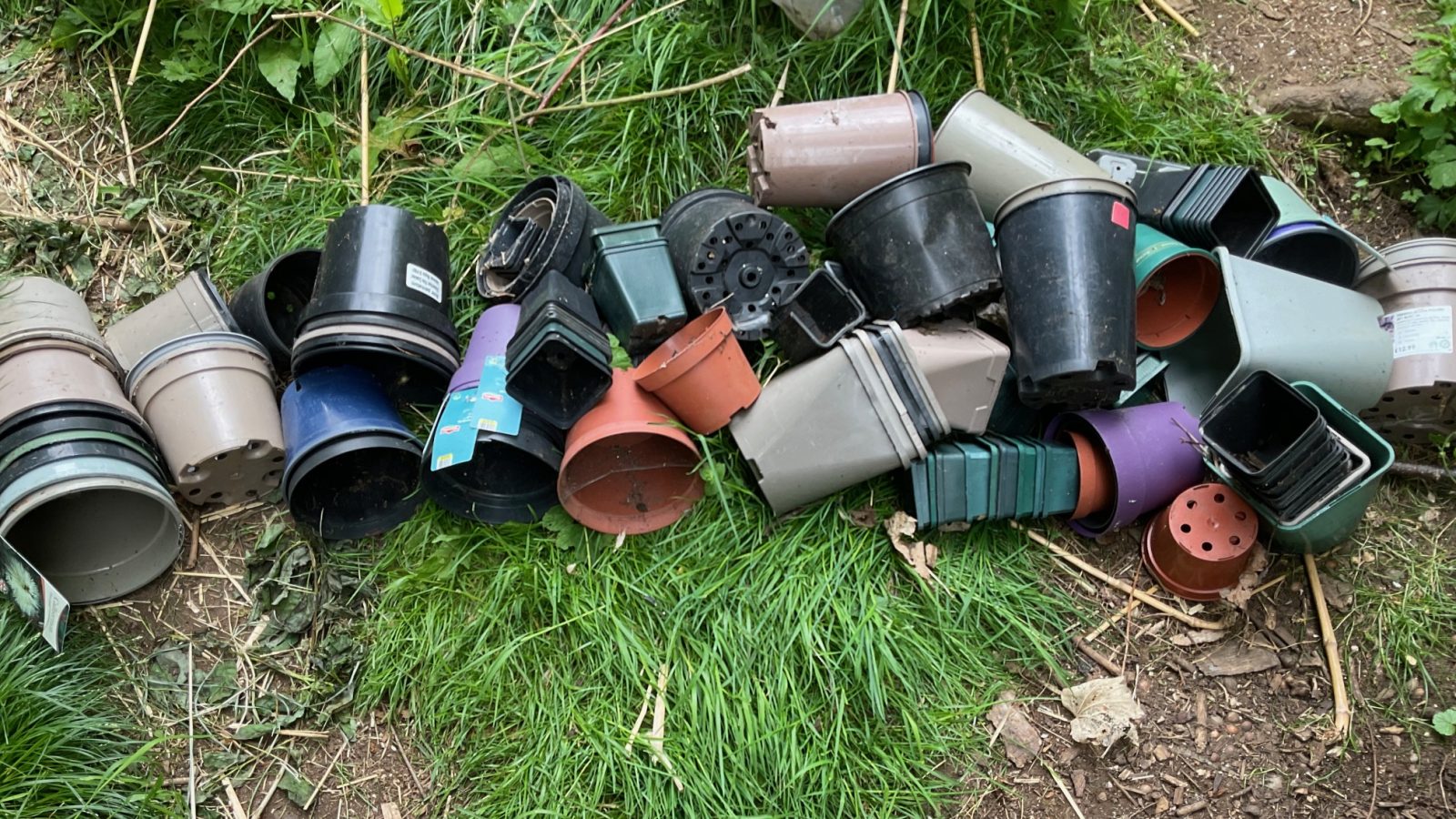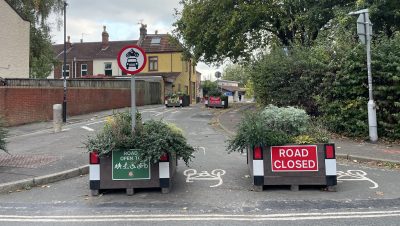Your say / plastic waste
‘Gardeners are radical – but what about all that plastic?’
Gardeners are not generally seen as radicals. We are known for spades more than speeches, for slugs more than slogans.
But gardening is radical because radical is about roots, and we understand roots. We see roots when we take plants out of pots, and we see the pots that are left over when our new plant is in the ground. And we keep the pots, in case they might come in handy one day, and their number grows. So we stack them together to keep them tidy, and we reuse some of the pots, and still their number grows.
Plant pots are like an invasive alien weed. They multiply. They take up space at the back of the shed. They creep into corners of the garden, get tied down by grasses, and snails creep up and sleep in them.
is needed now More than ever
The radical question is this – what to do about plastic pots?
We can try not to buy them, but every time we buy a plant, we get a pot.
We try to get rid of them, but that’s a problem too. Plant pots are not household waste, so they cannot honestly be put out with the recycling, and all gardeners are scrupulously honest. So they should really be taken to the Recycling Centre, and that takes up a whole afternoon when we really should be gardening. Plant pots are often black plastic, and black plastic in any case cannot be recycled at all.
Pots are nearly always plastic, and plastic itself is a major problem.
Here are some plastic facts:
About 7 per cent of oil production is used to make plastic.
Since 1950, more than 9.2 billion tonnes of plastic have entered the world, and the rate is increasing.
Every year some 500 million plastic plant pots are sold into British communities, eventually to be disposed of at the expense of the council tax payer, another example of private profit, public pain.
In landfill, plastic will persist unchanged for around 500 years
Plastic must be burned at very high temperatures to avoid toxic smokes.
Exposed to sun, plastic deteriorates, producing microplastics, which enter the soil, to be taken up by root systems and into the cycle of life. Microplastics can now be found in all types of living cells of all types. There is real concern about the health effects; so far we know that they downgrade the general health of the cell, and there is probably worse to come, as our knowledge increases.
Clearly there is a need to change the way we think about plastic, and the way we use it.
Recently there has been a movement to ban single use plastics like flimsy shopping bags, but plant pots are a far more robust form of single use plastic packaging, and almost nobody is interested in single use plant pots although, to their credit, some gardening centres such as B&Q do take their pots back.
The best option is for them to be sterilised and reused, forming a little benign cycle in the otherwise unprepossessing plastic plant pot world. Better still would be for gardeners to use biodegradable: pots of coir and miscanthus are already coming onto the market.
Radicals that we are, gardeners are hoping that all garden centres will provide a container for us where we can drop our unwanted pots, and from where we can also take the odd pot of a size that we need, and that the garden centres will either reuse the pots they are left with or pass them on to the council for recycling.
It’s not a pot to ask for, is it?
This is an opinion piece by Dr Richard Lawson, a retired GP and psychiatrist, and a past co-speaker of the Green Party of England and Wales. He is a poet and activist in green and peace matters, at present involved in water pollution (LocalAction4Water), prevention of conventional and nuclear war. Also pots.
Main image: Richard Lawson
Read next:
 Our newsletters emailed directly to you
Our newsletters emailed directly to you




















